

What would (or wouldn’t) your character(s) do? And just as important, why? This particular election has been unusual in several dimensions. When considering your character(s)’ behavior, also consider whether it might reflects a general or stable level of political activism/ involvement or is it specific to this election (or fictional elections with similar circumstances). If the latter, is that because of the pandemic, the candidates/issues of this particular election, or both.

Social Media Activity

- Following candidates, pundits, campaigns
- Passively lurking
- Replying or reposting to boost signal
- Researching candidates’ policies or campaign news
- Sharing information with others within a social group
- Contacting candidates or campaigns through social media

- How carefully would a character ensure that information is factual and unbiased before believing it or sharing it?
- If a character has verifiably true information, how much effort would they put into combating falsehoods?
- Would a character knowingly spread disinformation?
Before Election Day

- Register voters
- Provide forms to register to vote at the DMV or other locations
- Help voters obtain documents needed to register to vote
- Check registration status for voters
- Campaign to expand voting access or challenge flawed registrations
- Manage a candidate’s campaign

- Vote early
- Mail in
- Absentee drop off
- In person early
- Campaign for a local, state, or national candidate
- Phone calls
- Postcards
- Canvasing
- Delivering flyers
- Collecting signatures
- Donating money to a campaign or political party

- Sign petitions and share on Facebook, Twitter, etc.
- Attend a rally
- In person
- Drive-by
- Advertise his/her support
- Yard sign
- Bumper sticker
- Clothing (hat, T-shirt, etc.)
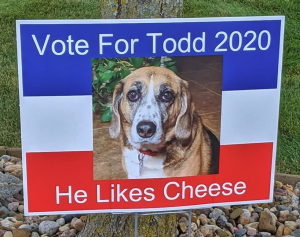
- Try to convince friends/family to vote
- Encourage voting in general
- Persuading to vote for particular candidates
Election Day


- Vote
- Only if the weather is good
- If the lines aren’t very long
- Regardless
- Work for the elections board
- As a poll worker directly interacting with the public
- As a ballot counter for early or mail voters
- Helping voters contact election clerks to resolve problems
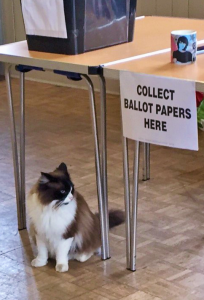
- Volunteer as an election monitor
- Officially representing a campaign, being a silent presence in the background while ballots are counted
- Challenging potential voter fraud outside of a polling place (unofficial)
- Carry signs or flags supporting one candidate or party
- Distribute campaign literature or sample ballots to those far enough away from the polling place
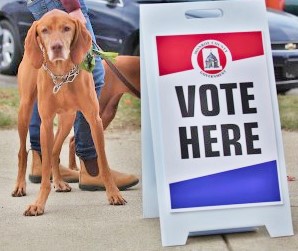
- Provide assistance to those waiting in long lines
- Drinks and snacks
- Folding chairs
- Umbrellas or parasols
- Playing music, dancing, entertaining
- Hand sanitizer and masks
- Driving voters to the polls
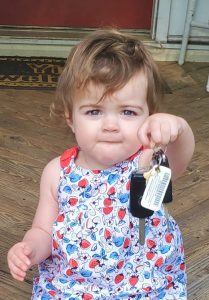
- Providing childcare so parents can go vote
- Planning vote time around work requirements
- Taking time off during the workday
- Getting to the polling site at 4am to vote before work
- Going after work and potentially staying in line until late at night
- Follow the media
- All-day hype
- Early evening only
- Late into the wee hours
- Not at all
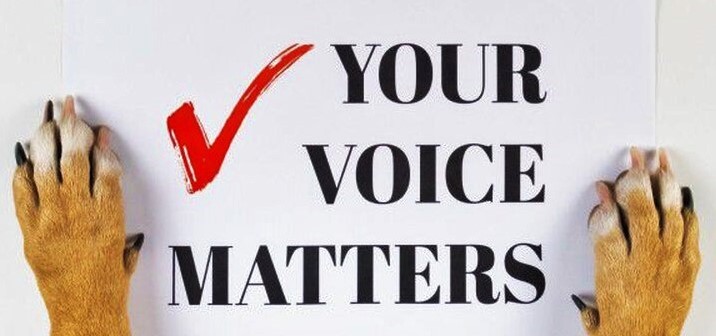
Post Election Day

- Follow results
- Popular vote
- Electoral college tally
- State or local races only
- Check results
- Every few minutes
- Hourly
- Daily
- Only on the 6:00 news
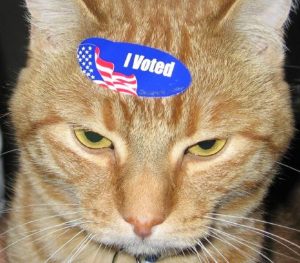
- When results are in
- Accept
- Deny
- Protest the outcome
- If unhappy with outcome
- Grumble
- Peacefully protest/rally
- Protest with violence against property/people

- If celebrating
- Have a quiet glass of champagne
- Party with family/friends
- Dance in the streets
- Binge on chocolate cake
- Remove all visible signs of political support
- Only if his/her candidate lost
- Regardless
- Yard signs but not bumper stickers
- Not at all
- Try to pretend it never happened
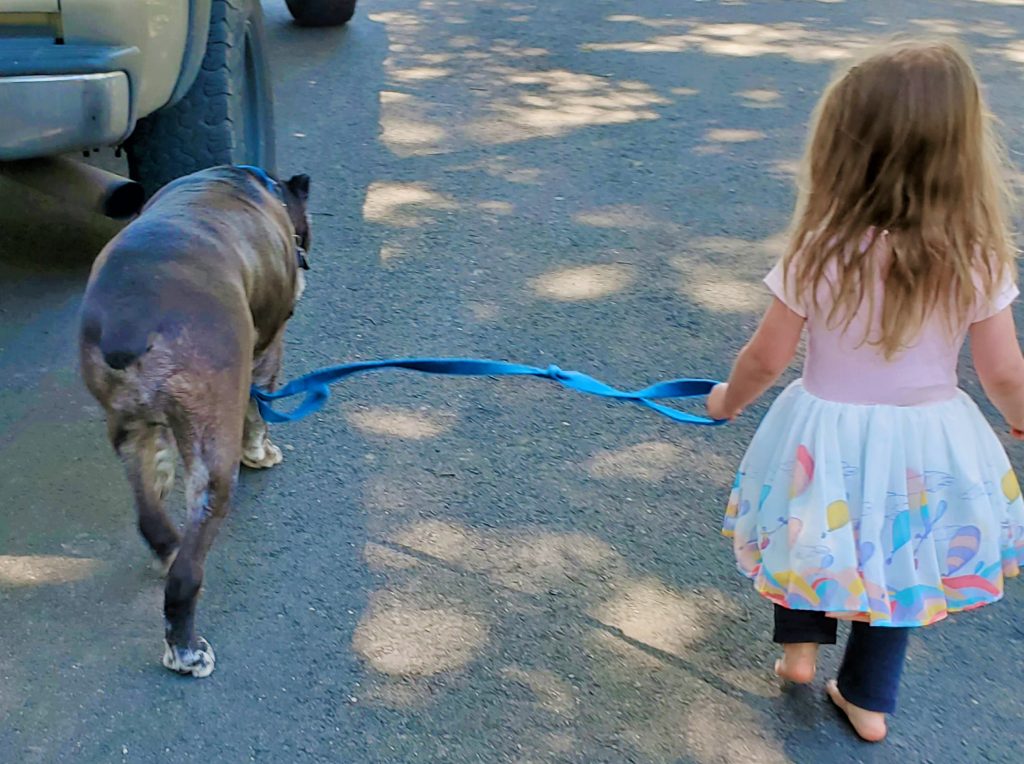
How the Character(s) Felt—Check All That Apply

- Excited
- Eager
- Trepidatious
- Suspicious
- Fearful
- Relieved
- Depressed
- Disbelieving
- Angry
- Exhausted
- Cheated
- Numb
- Elated

- Encouraged
- Helpless
- Betrayed
- Disgusted
- Joyful
- Vengeful
- Resigned
- Proud
- Gratified
- Hopeful
- Determined to run for office in the next election
- To continue momentum from the current campaign
- To correct future errors of the recently elected
- Consider whether your character’s behavior would be consistent with his/her feelings. Why or why not?
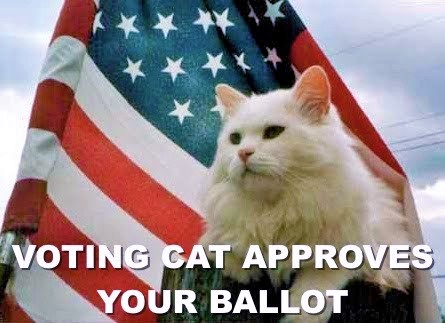
Bottom line for writers: Though your plot may never involve an election at all, this exercise should shine light on your characters’ level of civic involvement and activism.



